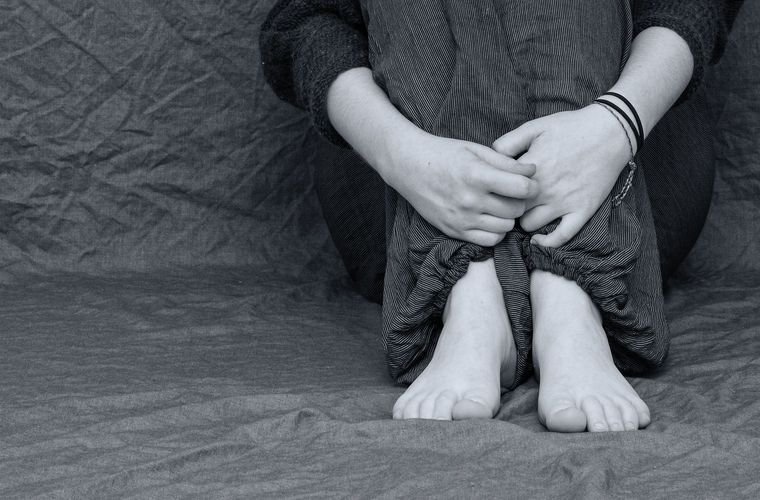Each holiday season, a persistent myth resurfaces in news stories and public discussions: that suicide rates peak during the winter holidays. However, research over 25 years by the Annenberg Public Policy Center (APPC) of the University of Pennsylvania consistently shows this is untrue.
“For more than a generation, we’ve been analyzing how the news media report on the mistaken belief that the suicide rate increases over the holiday season,” Dan Romer, APPC’s research director, said in a recent statement. “The persistence of this myth suggests that its hold on the public’s imagination is difficult to undo. Supporting the myth serves no useful purpose and may have a contagious effect on vulnerable people who are experiencing a crisis and contemplating suicide during the holidays.”
While APPC has thoroughly debunked this myth, its persistence may not be entirely bad, as it allows individuals to be more cognizant of possible mental health issues of those around them and offer valuable resources such as the 988 Suicide & Crisis Lifeline.
What the Data Show
Contrary to popular belief, the months of November, December, and January actually have some of the lowest average daily suicide rates, according to data from the Centers for Disease Control and Prevention (CDC). In 2023, December had the lowest rate of all months, ranking 12th, while August had the highest. This seasonal trend also holds in other parts of the world, such as Australia, where winter months—equivalent to summer in the U.S.—show lower suicide rates.
“This helps to explain the lower suicide rate we see here in December – it’s mostly due to the onset of the winter season,” Romer explained. “Psychologically, because of the shorter and gloomier days of winter in the U.S., we tend to associate them with suicide. But that’s not what happens in reality.”
Misreporting Perpetuates the Myth
The APPC’s most recent analysis of media coverage over the 2023-24 holiday season found that 58% of stories linked the holidays to increased suicide rates, perpetuating the false narrative, while 42% debunked it.
For instance, a December 2023 story in The Denver Post incorrectly suggested that the holiday season contributed to several local suicides, citing a social services official. Similarly, The Advertiser-Gleam in Alabama published a column reinforcing the myth by claiming, “Statistics inform us that during the holiday season the number of suicides increase.”
Why the Myth Matters
While the holiday season can bring increased stress and sadness for some, known as the “holiday blues,” conflating these feelings with an increased risk of suicide can be harmful.
“There’s no need to give people the false impression that others are dying by suicide, when that could actually lead to contagion,” Romer emphasized.
This is why organizations like the Annenberg Public Policy Center, along with journalism and mental health experts, recommend careful reporting on suicide to avoid contributing to contagion. National guidelines encourage journalists to consult reliable sources, such as the CDC, and to prevent sensationalizing or spreading unverified claims.
The Importance of 988
One positive development in suicide prevention is the launch of the 988 Suicide & Crisis Lifeline, a three-digit number designed to provide immediate support. However, awareness remains low—just 15% of U.S. adults were familiar with the lifeline’s number as of September 2024.
“The help that can be found at the 988 helpline can only save lives if those in need and their loved ones and friends know the number,” said Kathleen Hall Jamieson, APPC director. “When 988 is as readily recalled as 911, the nation will have cause to celebrate.”
Supporting Loved Ones
While suicide rates do not increase during the holidays, it’s still important to be attentive to loved ones who may be struggling. Offering emotional support and encouraging open conversations can make a difference. For anyone in crisis, 988 is available to provide support 24/7.
Kenna Hughes-Castleberry is the Science Communicator at JILA (a world-leading physics research institute) and a science writer at The Debrief. Follow and connect with her on BlueSky or contact her via email at kenna@thedebrief.org

